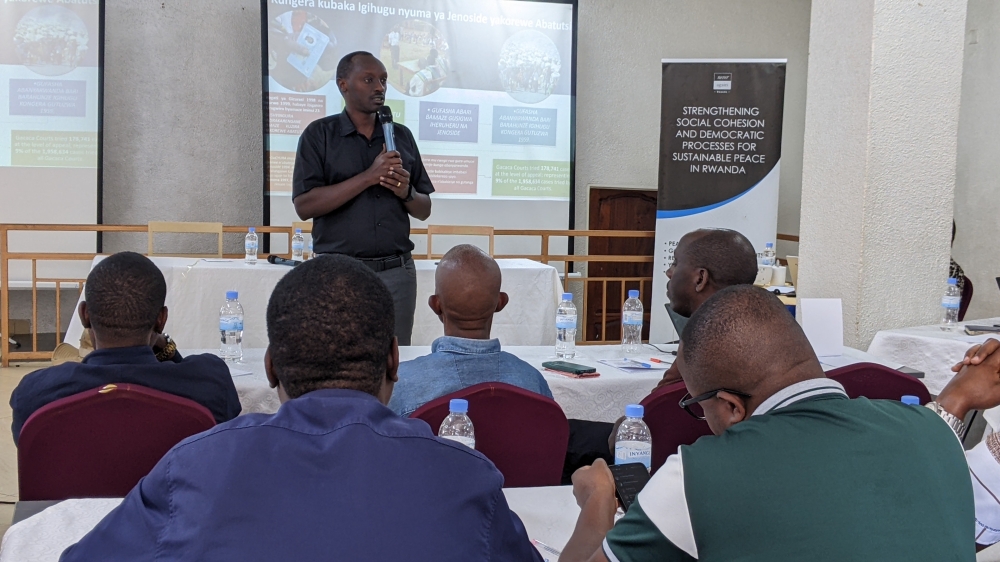Have you ever wondered why some new managers have a flying start and successful careers and others encounter failure early in their careers and never recover from it? Whatever their prior experiences, first-time managers have limited managerial experience and require guidance to succeed. This calls for a sound initial orientation and a systematic capacity building process.


Have you ever wondered why some new managers have a flying start and successful careers and others encounter failure early in their careers and never recover from it? Whatever their prior experiences, first-time managers have limited managerial experience and require guidance to succeed. This calls for a sound initial orientation and a systematic capacity building process. Hereunder are some success tips to help shape the careers of those making their debut in management:Firstly, a first-time manager must take 100 per cent responsibility for her professional growth. While most senior managers are aware of the importance of taking a strategic view of the junior manager’s developmental needs, they fail to adequately do so in key planning processes. You must not leave your professional development to chance. It is too important to be left in the hands of anyone.You might have heard that the grave yard is the ‘richest’ place on earth. Morbid as this may sound, beneath the tombstones lays ‘unrealised’ human potential of unimaginable value. This statement is a powerful reminder that even the most accomplished of humans realise only a fraction of their potential during their life time. The new manager may be in danger of leaving a similar legacy.Secondly, a first- time manager, who receives coaching or mentoring, is likely to enjoy a fulfilling career. The two disciplines have broad similarities. Both aim at increasing self awareness and personal development, enhancing critical and creative thinking and focusing on outcomes and building independence.They differ in their approaches and principles. The ideal mentor is an experienced individual capable of providing guidance. She is usually older and senior and ‘battle-hardened’. She will have made positive contributions to her institution, but would also have made mistakes and learned from them. The mentor brings to the notice of his mentee those things the latter would have not noticed because he was too inexperienced to interpret correctly. The following five coaching principles contrast the above:l Recognises the coachee is source of solution. It accepts that others have the ability and capacity to learn and grow.l Coachee is the source of solution. Coaching accepts that the coachee has some idea about how to address their challenges or issues. l Solutions are sought and not given. It’s the responsibility as a coach to elicit the coachee’s ideas and solutions before sharing her own. l Coaching focuses on what works. It is about leveraging what works, and not about reinventing the wheel. l The coachee is accountable. She is held responsible for developing and implementing the plan of action.The writer is an executive and leadership development coach, a ctrainer and strategic mentor




